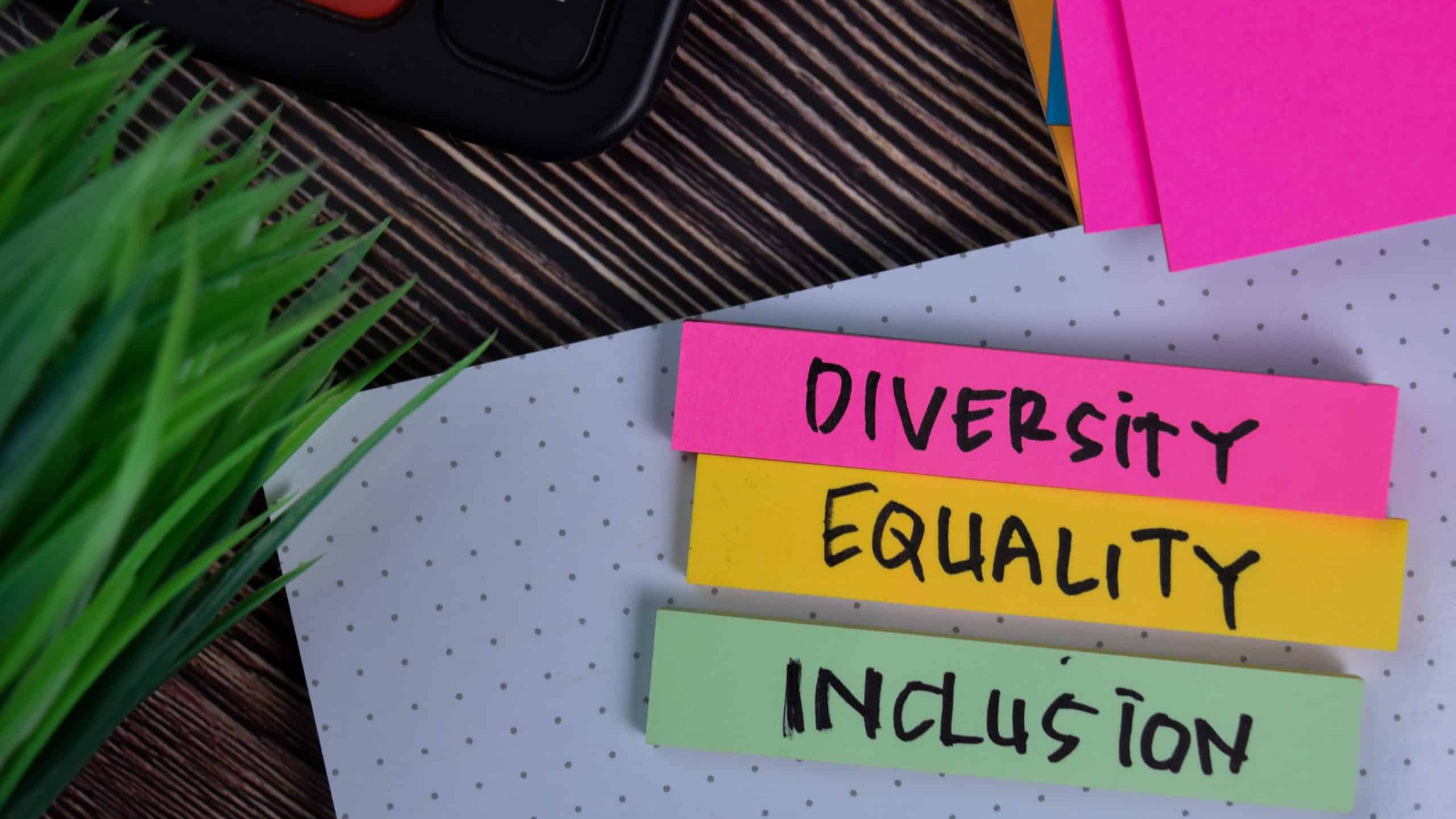The Significance of Disability Equity, Diversity, and Inclusion
Jul 17, 2023
Disability Equity, Diversity, and Inclusion (EDI) are gaining critical importance in both the workforce and educational institutions. Recognizing the need for inclusive environments, organizations and schools are making efforts to prioritize disability EDI. But why does it matter, and what factors contribute to its increasing visibility and importance?
Disability EDI matters because it promotes equal opportunities, breaks down barriers, and celebrates the diverse abilities and talents of individuals with disabilities. Inclusive workplaces and schools foster a sense of belonging, where everyone can contribute and thrive. By embracing disability EDI, we create environments that value and empower people with disabilities, allowing them to reach their full potential.
In the workforce, several factors are driving the visibility and importance of disability EDI. The disability rights movements and advocacy efforts have raised awareness about the need for equal access and opportunities. This has resulted in the introduction of policies and legislation that protect the rights of individuals with disabilities, encouraging companies to adopt inclusive practices.
Businesses are recognizing the benefits of diverse perspectives and talents. People with disabilities bring unique insights and problem-solving skills to the table, contributing to innovation and overall success. Employers are increasingly realizing that creating inclusive workplaces not only benefits employees but also positively impacts the bottom line.
In schools, disability EDI is gaining prominence as educational institutions strive to provide equitable and inclusive education for all students. There is a growing understanding that every student deserves the opportunity to learn, grow, and succeed, regardless of their abilities. Schools are implementing inclusive teaching practices, accessible infrastructure, and supportive services to ensure that students with disabilities receive an equal and quality education.
However, various factors affect the advancement of disability EDI. Attitudinal barriers, stereotypes, and misconceptions about disabilities still persist in society. Lack of awareness and understanding can lead to exclusion and limited opportunities for people with disabilities. Accessibility challenges, both physical and digital, also pose barriers to inclusion.
To address these factors, organizations and schools are working towards disability EDI by implementing reasonable accommodations, accessible technologies, and disability awareness training. Disability-led advocacy groups and alliances are actively challenging stereotypes and advocating for inclusivity. Additionally, disability-inclusive policies and legislation are being strengthened to ensure equal rights and opportunities.
Disability EDI is crucial in creating inclusive workplaces and schools that value and empower individuals with disabilities. The increasing visibility and importance of this topic stem from awareness, advocacy, and the recognition of the unique contributions that people with disabilities bring.
Looking to implement disability EDI in your work or school? Connect with Alyson to collaborate and develop a tailored plan to achieve your organization's disability EDI goals. Let's work together for a more inclusive future!
Let's chat next week about "Why Learn About Disability". See you then.

